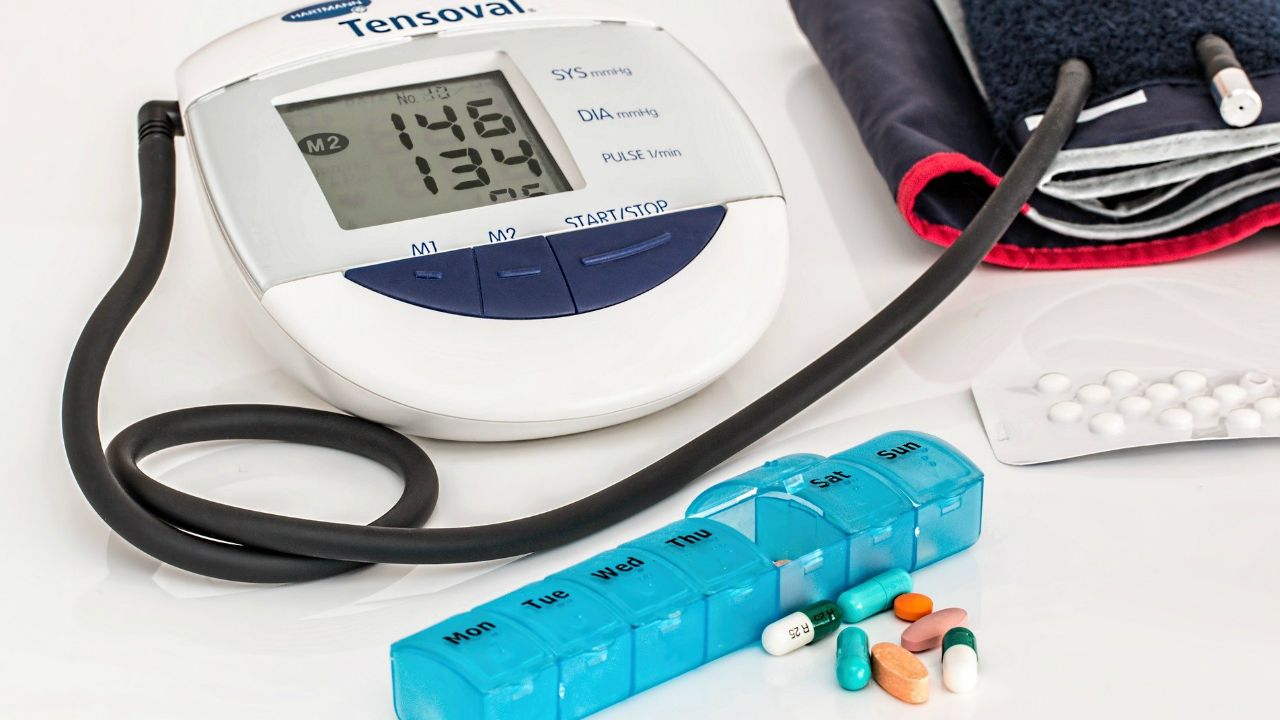NORTH CAROLINA — The North Carolina Department of Health and Human Services has announced changes to N.C. Medicaid beginning on March 13.
FULL COVERAGE: Novel Coronavirus (COVID-19)
The policies are in response to the coronavirus and address pharmacy benefits, supplies, and access to care.
Policy changes include:
Supporting Access to Care
Home Visits: Medicaid has existing clinical policies to reimburse for home visits. Providers are encouraged to conduct home visits, especially for vulnerable populations and group living.
Co-pays: Providers are reminded that co-pays are not required at the time of the office visit; a Medicaid patient should never be turned away for inability to pay a co-pay.
Virtual Consultation: Providers will be able to bill Medicaid for evaluations provided virtually by telephone for established patients who:
- Are actively experiencing mild symptoms of COVID-19 (fever, cough, shortness of breath) or to assess prior to going to the emergency department, urgent care or other health care facility.
- Need routine, uncomplicated follow up and who are not currently experiencing symptoms of COVID-19.
- Would benefit from behavioral health assessment and management.
Limiting In-Person Pharmacy Interactions
Supply Quantity: Medicaid beneficiaries will be able to access longer supply of prescribed medicine.
- Beneficiaries will be allowed to obtain a 90-supply of prescribed medicine, excluding controlled substances, for both generic and brand-name drugs. N.C. Medicaid has removed the 30-day wait requirement to qualify for a 90-day supply.
- Early refills will be allowed to coordinate care.
- Beneficiaries can receive an extended 14-day emergency supply of medicines that require a prior authorization (up from a 3-day supply).
- Providers are encouraged to write prescriptions for a 90-day supply and pharmacies are encouraged to fill 90 day supplies whenever possible
Access to Needed Medicines: N.C. Medicaid will be tracking pharmaceutical supplies to respond quickly to modify the Preferred Drug List for Medicaid as needed.
Accessing Medical Supplies
- Providers of medical equipment and supplies may be reimbursed for providing masks to ill patients who require frequent transportation or attend public places for treatment such as dialysis.
- Providers will not need prior authorization in order to initiate new orders for oxygen and related respiratory supplies.
- If medically necessary, oxygen equipment and supplies, respiratory assist devices, CPAPs and ventilators that typically require prior authorization may be provided to beneficiaries without first seeking prior authorization.
The DHHS says that people at a higher risk of illness include those over the age of 65, those with underlying health conditions, and those with weakened immune systems.
Additional details are available on the DHHS Medicaid website.



